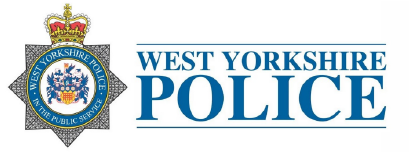What Happens In A Restorative Justice Preparation Meeting
Posted on: 19th, December 2024
Before communication between the victim and offender happens, there is a preparation stage where various meetings take place. The purpose of these is for trained facilitators to identify what an individual wants out of their experience and assess whether any additional support may be required.
During the meeting, the facilitator will meet with the victim and offender separately to explain the Restorative Justice process and address any concerns they may have. It is established that the purpose of the experience is not to punish, but for the victim to express how they feel and the offender to acknowledge responsibility. They will also establish at this stage whether the communication will be carried out via direct (face to face) or indirect (phone calls, letter writing, etc.) Restorative Justice.
For the participants, preparation meetings are an opportunity to gather their thoughts, articulate them and consider the practicalities of what they would like to do. It is also the time for victims to think about things they may not have previously, such as whether they want the offender to respond and if there is anything they would particularly like to address.
Preparation meetings are also the time to help participants make sure they are ready for whatever response they receive. During Restorative Justice meetings, information may arise that can be difficult to hear, so facilitators make sure it can be delivered and received in a safe, calm manner.
The number of preparation meetings needed varies between cases. If the victim already has an idea of what they would like out of the experience and there is little risk to them and the offender, the process may only be short. If extra help or support is required, it may take longer as extra caution will be taken to ensure the experience will not cause any further harm.
If you have been affected by crime and think Restorative Justice is for you, please get in touch.



